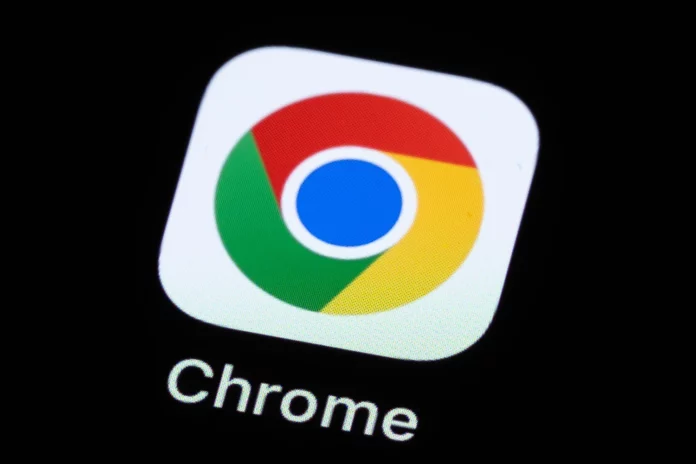Users of the popular uBlock Origin extension for Google Chrome may have to switch to a new browser—or perhaps subscribe to YouTube Premium. Features like offline downloads, background listening, and unlimited music streaming make it a worthwhile option. Nevertheless, uBlock Origin is being removed from Chrome as Google completes the transition to the new Manifest V3 standard, which the company claims improves privacy and security. uBlock Origin Lite will continue to function.
Google has been working on this transition for years. At the core of the changes in Manifest V3 is an update to the web request API, which limits the amount of information extensions can collect from users’ browsers. In 2019, Gizmodo explained that the outdated API “requires users to grant Chrome permission to transmit all information in a network request, which may include private data such as emails and photos.” The new API in Manifest V3 allows ad blockers to filter content without requiring users to share as much sensitive data, sometimes unknowingly.
Google’s interest in strengthening extension security is partly due to the fact that extensions have been used as an attack vector to steal users’ information, such as credit card data, and to impersonate legitimate extensions for sites like Coinbase to steal login credentials. Enterprise IT departments often prohibit employees from downloading Chrome extensions to avoid malware risks.
Google has a legitimate interest in closing these security gaps, and as the leading developer of Chromium, the company has invested heavily in improving the web experience. However, Google has a mixed reputation among web developers, especially when it pushes technologies that serve its own interests—such as the AMP web standard, which it forced publishers to adopt only to later abandon. Given that Google still generates the vast majority of its revenue from advertising, it’s not hard to see other motivations behind changes that impact ad blocking. For years, Google has insisted that it is not intentionally trying to hinder ad blockers.
Chrome is at the center of the U.S. Department of Justice’s antitrust case against Google, in which a judge has ordered the company to divest from Chrome, arguing that the browser helps Google maintain its dominance in search. Google has appealed the decision.
uBlock Origin and other ad blockers relied on specific aspects of the old web request API to perform comprehensive ad blocking. “Lite” versions of uBlock Origin and other ad blockers will still function, but extension developers argue that Google is deliberately making changes that reduce their effectiveness.
The lightweight version of uBlock Origin should still block most ads for most users, but it lacks advanced features such as custom filters or an element picker, which allows users to select specific areas of a website to block. These changes will make it harder—but not impossible—to bypass YouTube ads, especially since uBlock will now need to update the extension itself every time Google finds a way to disrupt it. Previously, uBlock users could manually update scripts as workarounds.
uBlock Origin is considered one of the best tools for blocking YouTube ads. Google serves ads on YouTube from the same domain (DNS) as the website, meaning that blocking DNS-based ads would render the site unusable. uBlock Origin uses more sophisticated methods to filter out YouTube ads, which likely frustrates Google. The company has been playing a game of cat and mouse to detect and disable YouTube ad blockers. Hardcore users will continue searching for ways to block ads on YouTube, but the removal of user script filtering—which allows modifying webpage code—will make this much harder in Chrome’s version of uBlock.
As a news site, we have mixed feelings about ad blockers. On one hand, they allow us to create content without charging readers. On the other hand, JavaScript-heavy ads can make web pages incredibly slow and resource-intensive, as they are often requested from separate ad servers. This can lead to incomplete page loads or jittery scrolling until the ad fully displays. The FBI even recommends that users install ad-blocking software, as malicious web ads have been used to target consumers with fake or harmful products.
It’s worth noting that Google caved to advertiser pressure when it scrapped plans to phase out third-party cookies in browsers, which allow advertisers to track when users purchase a product after viewing an ad. This suggests that Google is at least making an effort to improve privacy—just not when it could harm its own business. Google also uses data from Chrome to personalize its own ads.









